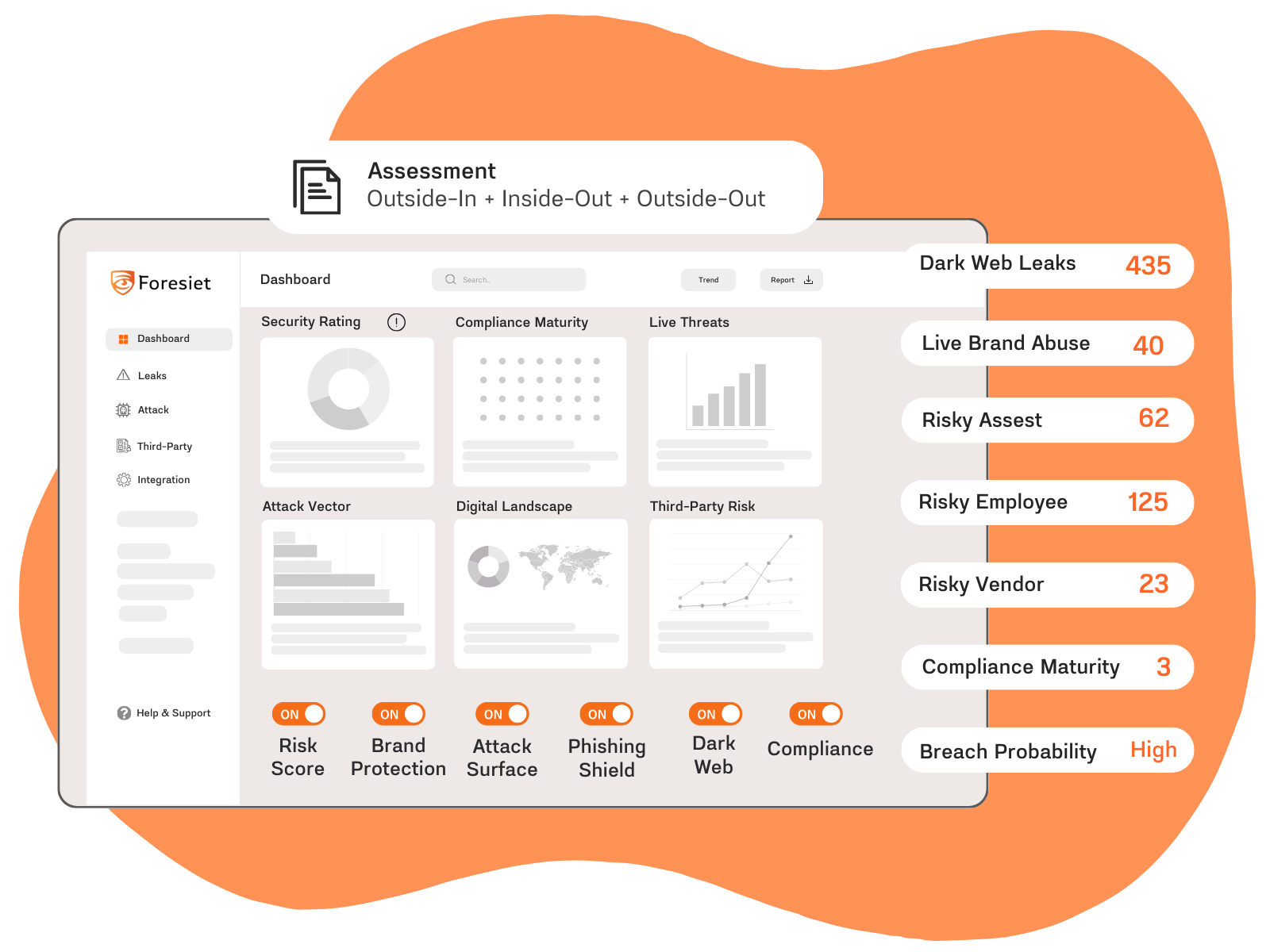Google Reverses Course on Phasing Out Third-Party Cookies in Chrome

Introduction
In a surprising policy shift, Google has decided not to phase out third-party tracking cookies in its Chrome web browser. This move comes more than four years after the initial proposal to eliminate these cookies as part of the Privacy Sandbox initiative. This blog will delve into the implications of this decision, the reactions from industry stakeholders, and the potential impact on online privacy and advertising.
Google's Revised Approach
On Monday, Anthony Chavez, Vice President of the Privacy Sandbox initiative, announced that instead of deprecating third-party cookies, Google would introduce a new user experience in Chrome. This new approach allows users to make an informed choice about third-party cookies across their web browsing and adjust that choice at any time. Google is currently discussing this new path with regulators and plans to engage with the industry during its rollout.
Background and Challenges
The decision to abandon the phase-out of third-party cookies marks a significant reversal for Google, especially after announcing just three months ago that the phase-out would begin early next year. While other browsers like Apple Safari and Mozilla Firefox have successfully eliminated third-party cookies, Google's dual role as a browser vendor and advertising platform has made this transition more complex.
The Privacy Sandbox initiative aimed to balance online privacy with an ad-supported internet, but it faced scrutiny from regulators, advertisers, and privacy advocates. Critics argued that the technology merely shifted control from third parties to Google, potentially allowing continued user tracking without transparent consent.
Industry and Regulatory Responses
Apple has been particularly critical of Privacy Sandbox, highlighting concerns with the Topics API, which sorts users' interests based on their browsing history to serve personalized ads. Apple's John Wilander pointed out that users are not informed upfront about the topics Chrome assigns to them or how these topics are shared with third parties. This lack of transparency could enable fingerprinting and re-identification of users, creating detailed profiles of their online activity.
Privacy advocates, such as the Austrian non-profit noyb, have also raised alarms, arguing that the Topics API could allow data brokers to track users' changing interests and build permanent profiles by combining this information with other data points.
Regulatory bodies have expressed concerns that Privacy Sandbox could give Google an unfair advantage in the digital advertising market, further complicating its rollout. The U.K. Competition and Markets Authority (CMA), which is closely monitoring Google's changes, stated it would evaluate the impact of the new user-choice prompt for third-party cookies.
Implications for Online Privacy and Advertising
Google's decision to introduce a user-choice prompt instead of eliminating third-party cookies acknowledges the challenges of gaining industry-wide consensus on a single solution. The shift signifies the complexity of balancing privacy concerns with the operational needs of publishers, advertisers, and other stakeholders in the online advertising ecosystem.
Conclusion
Google's reversal on phasing out third-party cookies in Chrome underscores the intricate balance between privacy and advertising. As the industry continues to navigate these challenges, it is crucial for businesses to stay informed and adapt to evolving privacy standards. Implementing robust digital footprint analysis, brand protection, and online risk evaluation strategies will be essential for safeguarding user privacy and maintaining competitive advantage in the digital landscape.
About Foresiet!
Foresiet is the pioneering force in digital security solutions, offering the first integrated Digital Risk Protection SaaS platform. With 24x7x365 dark web monitoring and proactive threat intelligence, Foresiet safeguards against data breaches and intellectual property theft. Our robust suite includes brand protection, takedown services, and supply chain assessment, enhancing your organization's defense mechanisms. Attack surface management is a key component of our approach, ensuring comprehensive protection across all vulnerable points. Compliance is assured through adherence to ISO27001, NIST, GDPR, PCI, SOX, HIPAA, SAMA, CITC, and Third Party regulations. Additionally, our advanced antiphishing shield provides unparalleled protection against malicious emails. Trust Foresiet to empower your organization to navigate the digital landscape securely and confidently.
Protect your brand, reputation, data, and systems with Foresiet's Integrated Digital Risk Platform. 24/7/365 threat monitoring for total peace of mind.


